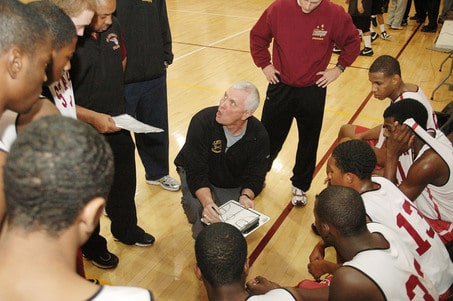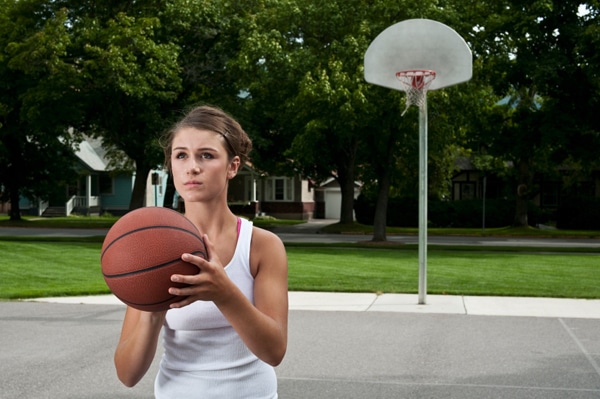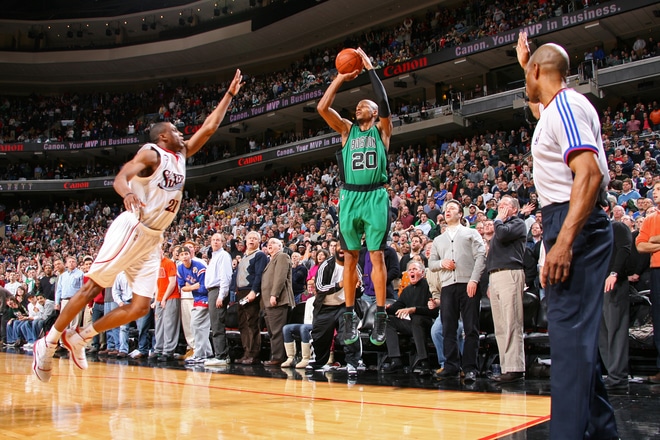
Effective Strategies for Coaching Basketball for Different Age Groups: What You Need to Know
Coaching basketball across various age groups requires tailored strategies to address the unique developmental needs and skill levels of players. Whether you’re coaching young beginners or seasoned high school athletes, your approach must adapt to each stage of growth.
This article explores effective strategies for coaching basketball for different age groups, ensuring that your coaching methods align with players’ developmental stages and maximize their potential.

1. Coaching Young Beginners (Ages 6-10)
Coaching young beginners focuses on introducing fundamental skills, fostering a love for the game, and creating a positive learning environment. Here are key strategies:
Emphasize Fun and Engagement
- Engaging Activities: Use games and playful drills to teach basic skills while maintaining a fun atmosphere. Activities like “Sharks and Minnows” can develop dribbling and evasive maneuvers while being enjoyable.
- Short Practice Sessions: Keep practices short (30-45 minutes) to match their attention span and maintain energy levels.
Teach Fundamental Skills
- Focus on Basics: Concentrate on fundamental skills such as dribbling, passing, and shooting. Simple drills, like the “Passing Relay,” encourage teamwork while honing skills.
- Skill Variety: Introduce a variety of skills to keep practices engaging, including footwork and basic defensive techniques.
Promote Teamwork and Sportsmanship
- Team Activities: Encourage players to support each other and understand the value of teamwork through collaborative drills and games.
- Sportsmanship Lessons: Incorporate lessons on good sportsmanship, explaining the importance of respect for opponents and teammates.
Provide Positive Reinforcement
- Celebrate Progress: Offer plenty of encouragement and celebrate small successes to build confidence and enthusiasm. Use stickers or small awards for achievements during practice.
- Positive Language: Use positive language and avoid criticism. Instead of pointing out what went wrong, highlight what they did well and how they can improve.

2. Coaching Pre-Teens (Ages 11-13)
At this stage, players are developing more advanced skills and beginning to understand game strategies. Here’s how to approach coaching pre-teens:
Introduce Basic Strategies
- Game Concepts: Start teaching basic game strategies, such as spacing, movement, and simple offensive and defensive plays. Use visual aids to explain concepts.
- Position Understanding: Help players understand the roles and responsibilities associated with different positions on the court.
Focus on Skill Development
- Refinement of Skills: Continue to refine fundamental skills while introducing more complex drills. Emphasize skills such as shooting form, ball handling, and defensive positioning.
- Skill Challenges: Incorporate skill challenges that encourage improvement, such as shooting contests or dribbling obstacle courses.
Encourage Decision-Making
- Allow Autonomy: Allow players to make decisions during drills and scrimmages. Encourage them to think critically about their options.
- Situational Drills: Incorporate situational drills that require players to respond to specific game scenarios, enhancing their decision-making skills under pressure.
Promote Personal Responsibility
- Self-Directed Practice: Encourage players to practice outside of team sessions, emphasizing the importance of individual skill development.
- Goal Setting: Work with players to set specific, measurable goals based on their individual needs and aspirations.
3. Coaching Teenagers (Ages 14-17)
Teenagers are refining their skills and preparing for more competitive play. Coaching strategies should focus on advanced skill development and tactical understanding:
Advanced Skill Development
- Game Simulations: Focus on advanced skills such as shooting under pressure, defensive techniques, and advanced offensive moves. Incorporate drills that simulate game conditions.
- Individual Training: Provide opportunities for individualized skill training that targets specific areas for improvement.
Teach Advanced Strategies
- Complex Game Strategies: Introduce more complex game strategies, such as zone offenses, press defenses, and team dynamics. Use video analysis to help players understand and implement these strategies.
- In-Game Adjustments: Teach players how to make adjustments during games based on opponents’ strategies and performance.
Foster Leadership and Accountability
- Leadership Roles: Encourage players to take on leadership roles within the team. Assign captains and involve them in decision-making processes.
- Accountability Practices: Promote a culture of accountability where players hold themselves and each other responsible for their performance and effort.
Prepare for Competition
- Mental Toughness: Help players prepare for competitive play by focusing on mental toughness, game preparation, and dealing with pressure. Conduct practice sessions that mimic game intensity and situations.
- Injury Prevention: Educate players on injury prevention strategies, emphasizing the importance of conditioning, warm-ups, and cool-downs.

4. Coaching Young Adults (Ages 18-22)
Young adults are often at a critical stage in their development, transitioning from high school to college or semi-professional play. Coaching strategies should emphasize preparation for higher levels of competition:
Refine Skills and Techniques
- Advanced Techniques: Continue to refine individual skills and techniques. Focus on fine-tuning aspects such as shooting accuracy, defensive positioning, and advanced game tactics.
- Specialized Training: Provide specialized training sessions based on player positions to address specific skills required for success at higher levels.
Develop Game Intelligence
- Tactical Understanding: Enhance players’ understanding of complex game strategies and decision-making. Use film sessions to analyze plays and develop tactical knowledge.
- Reading the Game: Teach players to read the game, anticipate opponents’ moves, and adjust their play accordingly.
Prepare for Physical and Mental Challenges
- Conditioning Programs: Address the physical demands of higher-level play, including strength, conditioning, and injury prevention. Incorporate strength and conditioning programs into practice.
- Mental Preparation: Support players in managing the mental and emotional aspects of competition. Provide resources for mental health and performance psychology.
Support Career Development
- Professional Pathways: Provide guidance on career development, including preparing for professional opportunities or continuing education. Help players understand the path to achieving their long-term goals.
- Networking Opportunities: Facilitate networking opportunities with coaches, scouts, and former players to help young adults explore potential pathways in basketball.

5. Adapting Coaching Methods Across Age Groups
When coaching players of different ages, it’s essential to adapt your methods to match their developmental needs:
Communication
- Tailored Communication: Adjust your communication style based on the players’ age and maturity. Use clear and age-appropriate language, and be mindful of how players receive feedback.
- Engagement: Encourage open dialogue where players feel comfortable asking questions and expressing concerns.
Drills and Activities
- Skill-Appropriate Drills: Tailor drills and activities to the skill levels and cognitive abilities of the players. Ensure that drills are engaging and relevant to their stage of development.
- Progressive Challenges: Introduce progressively challenging drills to help players grow without overwhelming them.
Coaching Philosophy
- Evolving Philosophy: Your coaching philosophy should evolve as players progress through different age groups. Align your approach with their growing abilities, needs, and aspirations.
- Focus on Development: Ensure that your coaching philosophy emphasizes player development, teamwork, and the love of the game.

6. Fostering a Positive Coaching Environment
Regardless of age, creating a positive and supportive coaching environment is crucial:
Build Trust and Relationships
- Open Communication: Establish strong relationships with your players based on trust and respect. Be approachable and supportive to foster a positive team atmosphere.
- Individual Attention: Take the time to get to know each player, understand their motivations, and provide personalized guidance.
Encourage Team Cohesion
- Team-Building Activities: Promote team-building activities that encourage bonding among players. These activities can help foster a sense of unity and collaboration.
- Positive Culture: Create a team culture that values respect, effort, and commitment, ensuring that every player feels valued and included.
Celebrate Achievements
- Recognition: Recognize and celebrate both individual and team achievements. Use positive reinforcement to motivate players and build confidence.
- Goal Setting: Help players set and achieve personal and team goals, celebrating milestones along the way.
Effective Strategies for Coaching Basketball for Different Age Groups Conclusion:
Coaching basketball effectively across different age groups requires a tailored approach that aligns with players’ developmental stages. By focusing on appropriate skill development, strategic understanding, and fostering a positive environment, you can enhance players’ growth and performance.
Adapting your coaching methods to meet the needs of each age group ensures that players receive the support and guidance necessary to reach their full potential.



